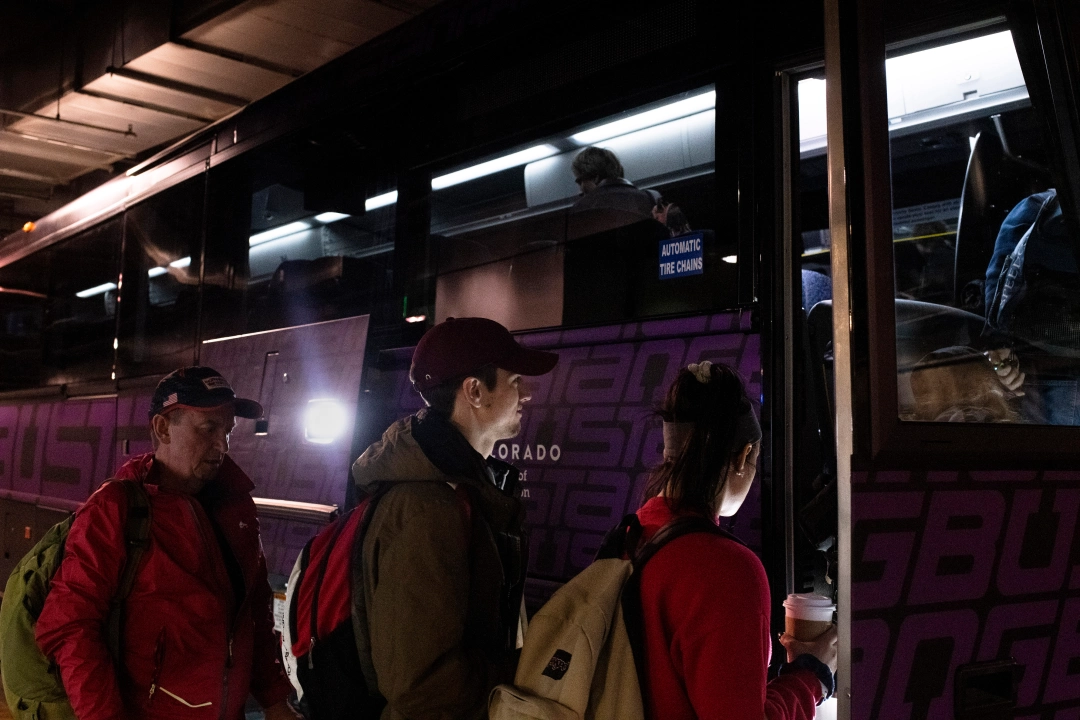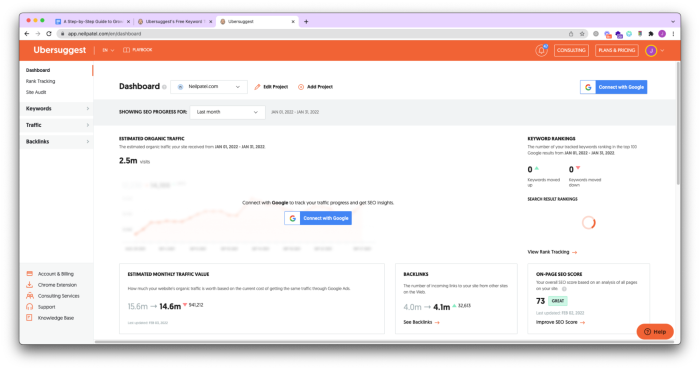Denver Transportation Services
When Adam Estroff arrived on his bike for a weekend trip from Denver, the Airbnb host in Palisade, the Western Slope peach destination, was taken aback.
He'd put it aboard a Bustang bus at Union Station for the trip to Grand Junction, then got on two wheels to finish the voyage. The journey required no preparation, according to Estroff, and it "was remarkable to me how different it felt to be able to accomplish it without my car."
Colorado's transportation agency intends to capitalise on that energy when it starts a new weekend Denver Transportation Services along Interstate 70 on Memorial Day weekend, May 27.
Bustang's van-based relative, dubbed "Pegasus," will be designed for excursions as near to home as Avon. Several features, such as nearly hourly departures in each direction that allow for same-day returns, are intended to make it simpler for metro Denver residents and visitors to visit the mountains without driving.
In a car-dependent state where many weekend warriors and skiers have long wished for an illusive I-70 train, the Pegasus service's inauguration will be the most significant test yet of the viability of public transit to the mountains.
Colorado Department of Transportation officials and community leaders along the I-70 corridor are optimistic about the potential market. Public transportation is already a mainstay in mountain towns, contributing to Colorado's position as the nation's leader in rural transit system ridership.
Supporters point to the Pegasus system's connectedness as a benefit: the majority of the mountain stations are at town transit hubs, such as those in Frisco and Vail, where users can exit on foot or board local bus systems to access hotels, outdoor activities, or even trailheads.
They can bring their bikes or, in the winter, skis and snowboards. Pegasus supporters also envision people of mountain areas using the service to go to Denver to see a Rockies game at Coors Field or go shopping before returning home that evening. Somerset Car Service is also providing reliable services.
Amber Blake, the director of CDOT's Division of Transit and Rail, who has been arranging Pegasus' introduction for months, said, "It genuinely gives a realistic mobility choice to get out of your automobile" on I-70. Basking Ridge Car Service is also good automobile.




Comments
Post a Comment